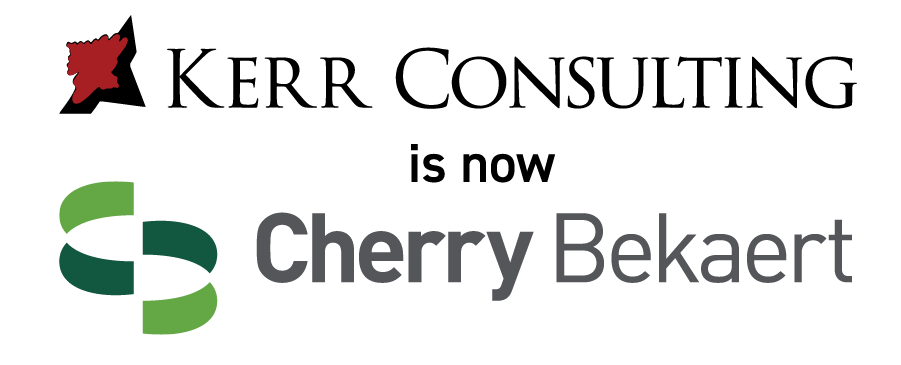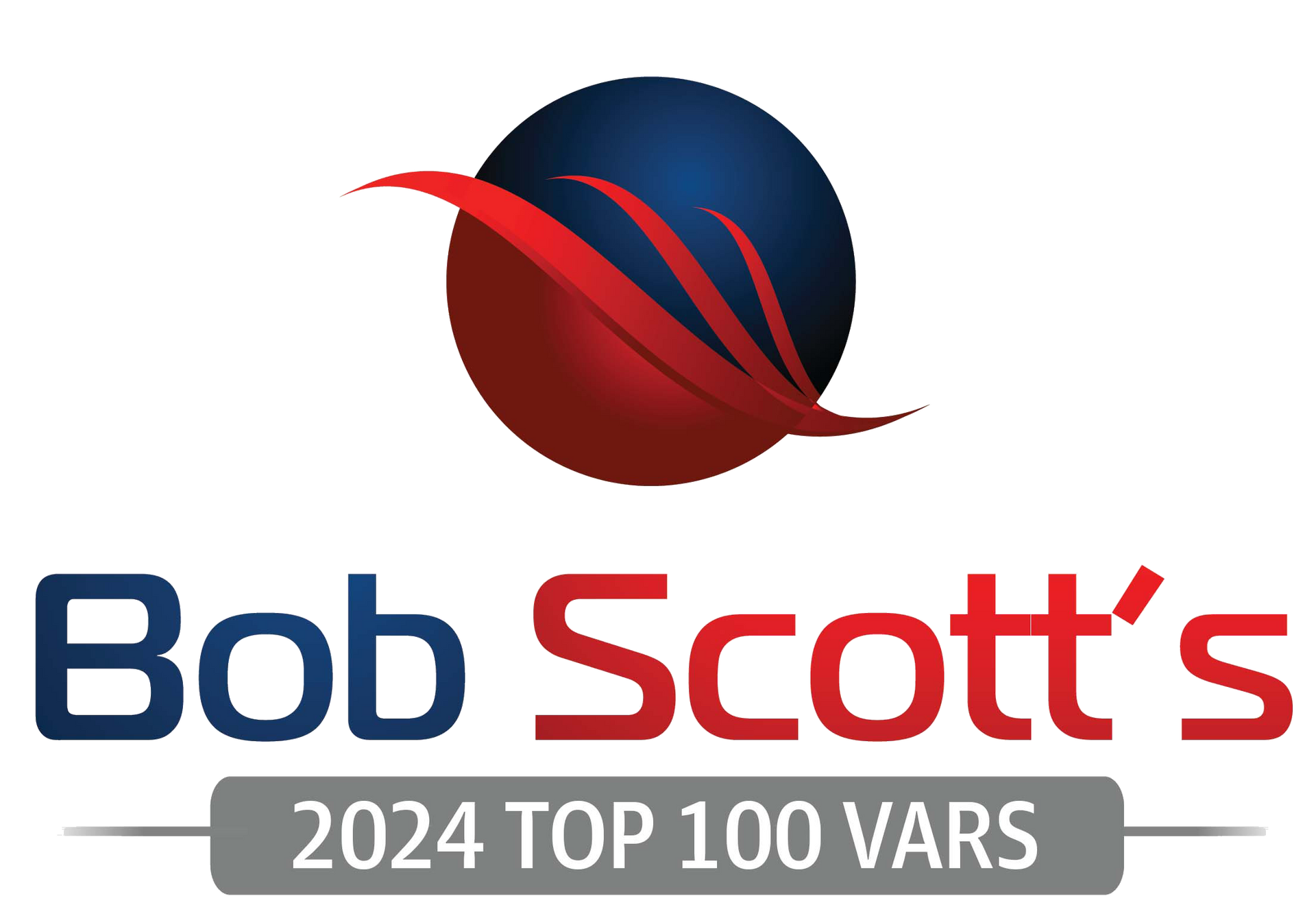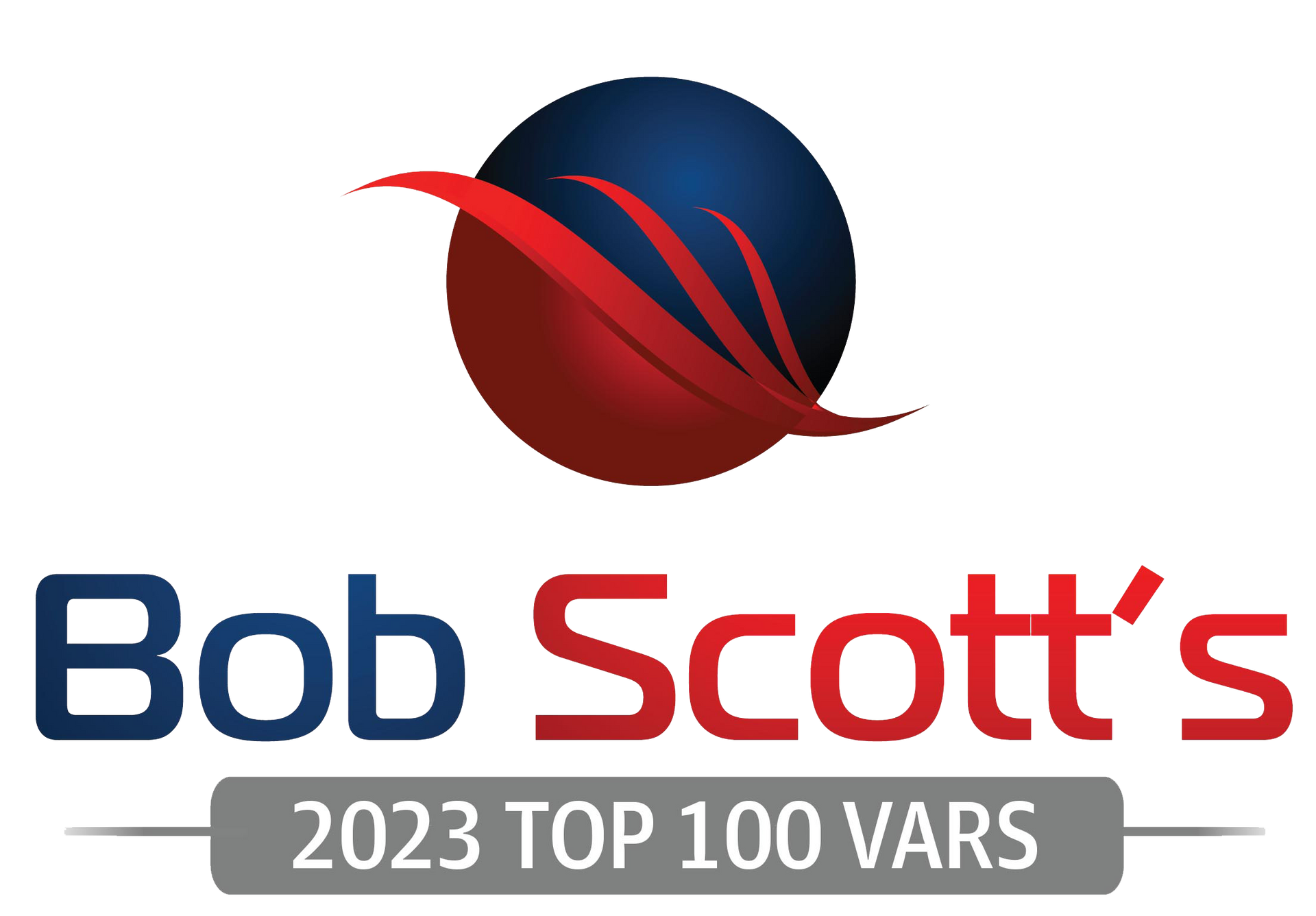Top ERP Systems for Advanced Inventory Management
In today’s fast-paced business world, inventory management is crucial for the success of any organization. With the rise of e-commerce and global supply chains, businesses need to have a robust inventory management system in place to stay competitive. This is where Enterprise Resource Planning (ERP) systems come into play.
ERP systems are integrated business management solutions that help organizations manage their core business processes, including inventory management, financial management, sales optimization, and more. In this article, we’ll explore the top ERP systems for advanced inventory management and how they can benefit your business.
Who Are the Primary Users of ERP Systems?
Before we dive into the top ERP systems for advanced inventory management, let’s first understand who the primary users of these systems are.

Agriculture ERP Systems
Agriculture ERP systems are designed for businesses in the agriculture industry, such as farms, ranches, and food processing companies. These systems help manage inventory, production, and distribution processes, as well as provide insights into crop yields, weather patterns, and more.
Enterprise Solutions
Enterprise solutions are designed for large organizations with complex business processes. These systems offer advanced inventory management capabilities, along with other features such as CRM integration, workflow automation, and financial management.
ERP and WMS Systems
ERP and Warehouse Management Systems (WMS) are integrated solutions that combine the features of an ERP system with those of a WMS. These systems are ideal for businesses that need to manage both their inventory and warehouse operations.
Government ERP Systems
Government ERP systems are designed for public sector organizations, such as government agencies and municipalities. These systems help manage financials, procurement, and inventory for government entities.

Financial ERP Systems
Financial ERP systems are designed for businesses that need to manage their financial processes, such as budgeting, forecasting, and financial reporting. These systems also offer advanced inventory management capabilities.
Manufacturing ERP Systems
Manufacturing ERP systems are designed for businesses in the manufacturing industry. These systems help manage inventory, production, and supply chain processes, as well as provide insights into product costs and profitability.
Benefits of Using ERP Systems for Advanced Inventory Management
Now that we’ve covered the primary users of ERP systems, let’s explore the benefits of using these systems for advanced inventory management.
Integrated Business Processes
One of the main benefits of using an ERP system for inventory management is the integration of business processes. With an ERP system, all your core business processes, such as inventory management, financial management, and sales, are connected and share data in real-time. This eliminates the need for manual data entry and reduces the risk of errors.

Workflow Automation
ERP systems offer workflow automation capabilities, which help streamline business processes and improve efficiency. With workflow automation, you can automate repetitive tasks, such as inventory tracking and order processing, freeing up your employees’ time to focus on more critical tasks.
Inventory Control
ERP systems offer advanced inventory control features, such as real-time tracking, demand forecasting, and inventory optimization. With these capabilities, you can ensure that you have the right amount of inventory on hand to meet customer demand, reducing the risk of stockouts and overstocking.
Business Management
ERP systems provide a centralized platform for managing all your business processes, making it easier to track and manage inventory, sales, and financials. This allows you to have a holistic view of your business operations, making it easier to make informed decisions.

Reporting and Analytics
ERP systems offer robust reporting and analytics capabilities, allowing you to gain insights into your inventory levels, sales performance, and more. With these insights, you can identify areas for improvement and make data-driven decisions to optimize your inventory management processes.
Cost Efficiency
By streamlining business processes, reducing manual data entry, and optimizing inventory levels, ERP systems can help reduce costs for your organization. This can lead to increased profitability and a competitive advantage in the market.
Top ERP Systems for Advanced Inventory Management
Now that we’ve covered the benefits of using ERP systems for advanced inventory management, let’s explore the top systems available in the market.
SAP Business One
SAP Business One is an all-in-one ERP system designed for small and mid-sized businesses. It offers advanced inventory management capabilities, such as real-time tracking, demand forecasting, and inventory optimization. It also integrates with other SAP solutions, such as SAP CRM, to provide a complete business management solution.
Oracle NetSuite
Oracle NetSuite is a cloud-based ERP system that offers advanced inventory management features, such as real-time tracking, demand forecasting, and inventory optimization. It also integrates with other Oracle solutions, such as Oracle CRM, to provide a complete business management solution.
Microsoft Dynamics 365
Microsoft Dynamics 365 is a cloud-based ERP system that offers advanced inventory management capabilities, such as real-time tracking, demand forecasting, and inventory optimization. It also integrates with other Microsoft solutions, such as Microsoft CRM, to provide a complete business management solution.
Infor CloudSuite Industrial
Infor CloudSuite Industrial is an ERP system designed for the manufacturing industry. It offers advanced inventory management features, such as real-time tracking, demand forecasting, and inventory optimization. It also integrates with other Infor solutions, such as Infor CRM, to provide a complete business management solution.
Sage X3
Sage X3 is an ERP system designed for mid-sized and large businesses. It offers advanced inventory management capabilities, such as real-time tracking, demand forecasting, and inventory optimization. It also integrates with other Sage solutions, such as Sage CRM, to provide a complete business management solution.
Choosing the Right ERP System for Your Business
When choosing an ERP system for advanced inventory management, it’s essential to consider your business needs and goals. Here are some factors to consider when evaluating ERP systems:
- Industry-specific features: If you’re in a specific industry, such as manufacturing or agriculture, look for an ERP system that offers industry-specific features.
- Integration capabilities: Make sure the ERP system you choose integrates with other solutions you use, such as CRM or WMS.
- Scalability: Consider your business’s growth plans and choose an ERP system that can scale with your business.
- User-friendliness: Look for an ERP system that is easy to use and offers a user-friendly interface.
- Cost: Consider the total cost of ownership, including implementation, training, and ongoing maintenance, when evaluating ERP systems.
Conclusion
In today’s competitive business landscape, having an advanced inventory management system is crucial for success. ERP systems offer a centralized platform for managing all your business processes, including inventory management, financial management, and sales optimization. By choosing the right ERP system for your business, you can streamline processes, improve efficiency, and gain a competitive advantage in the market.








